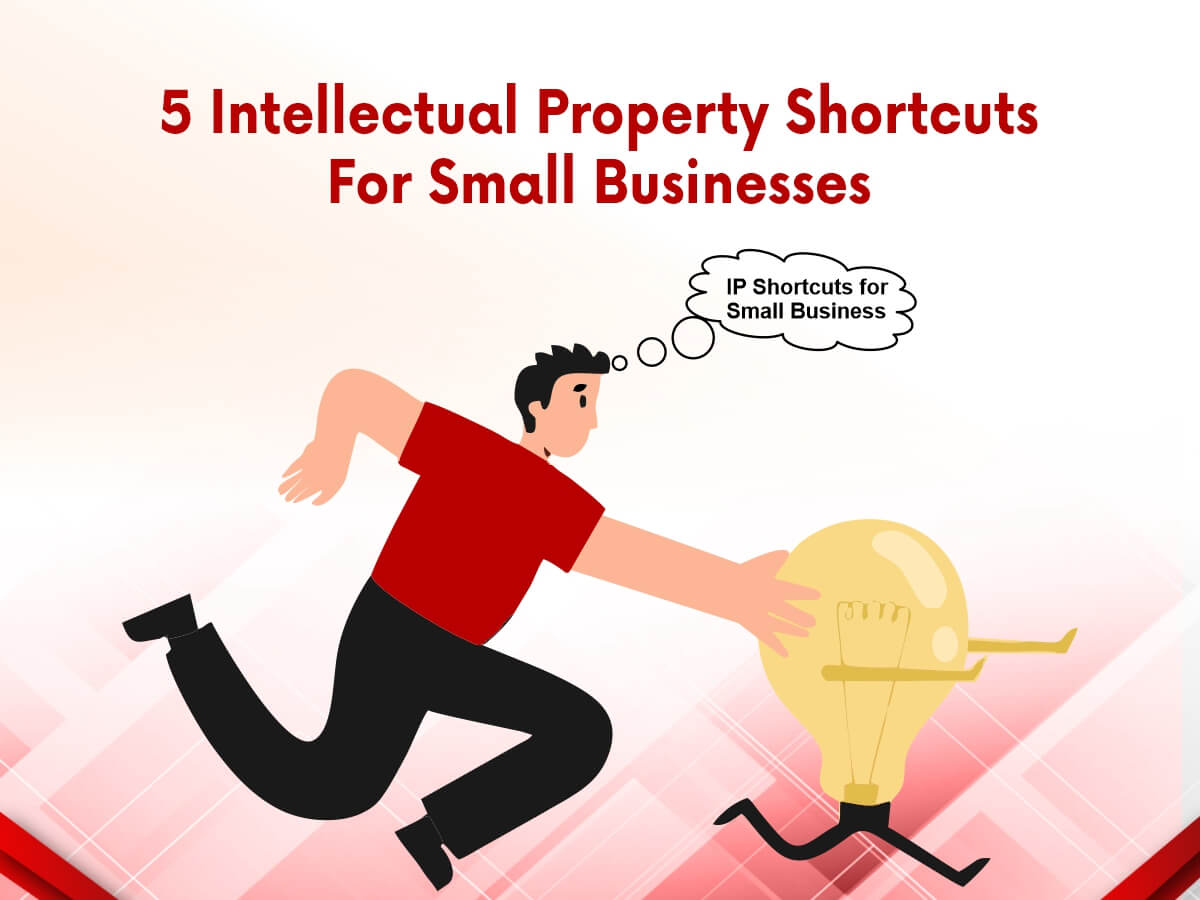
Close


Intellectual property (IP) is one of the most valuable assets for many businesses. Intellectual property refers to a wide range of rights related to inventions and creative works. As you start to plan your business, you’ll want to discover how to protect the investment you spend on naming your company, developing content, and coming up with new business ideas. You’ll also want to make sure your company doesn’t infringe on someone else’s intellectual property rights.
Professional advice is necessary to ensure that everything is done correctly from the start. A mistake made early on might have far-reaching consequences later on. As a result, any new business planning to launch under a new brand name should get a trademark clearance search. After all, there’s nothing worse than launching your bright new brand only to discover that someone else has the legal rights to it. A trademark clearance search, unfortunately, may not give a good result. Someone else may already own the brand, or something close to it.
There are some intellectual property shortcuts for small business business owners should do before consulting an IP advisor to minimize disappointment and, more critically, to avoid wasting money on dead ends.
In the marketplace, your brand can be extremely valuable. Startups should double-check that their names and logos are suitable for commercial use. The better the name, the more likely it has already been considered. For trademarks, certain terms are usually popular which are generally short, catchy, and have a positive connotation.
Do a Google search for the name to discover if any other businesses are using it. Startups should register their names and logos as trademarks if they are available. Trademarks assist a new firm to create a unique and recognizable brand, in addition, to prevent competitors from stealing or using the company’s name. As a result, a startup’s visibility in the market rises. You can also register as one of the first users of the name and logo.
The absence of a suitable domain name can be a deal-breaker. Don’t forget to conduct a domain name search to see whether the name is already being used as a domain. As soon as possible, try to secure domain names for your brand ideas. If they’re still available, grab them right immediately. Don’t wait; they might not be available the next day.
The rights to use a trademark are often limited by national borders. A registered trademark in Australia, for example, provides no protection in the United States, and vice versa. Various traders in different countries can possess the same trademark for the same goods or services, with each having enforceable rights in their own country. The Internet, on the other hand, has no regard for national boundaries. Brand owners are increasingly turning to social media as a battleground, which is leading to an increase in legal disputes. Consider a brand that is identical or similar to one of your preferred selections is likely to cause problems on social media if it is used by someone in another country. If social media marketing is going to be a big part of your business, you might want to consider a brand that is less likely to cause confusion.
Every new business startup should conduct a thorough search of the trademark database to discover whether there are any “direct hits.” If someone has already registered an identical or very similar mark for the same goods or services, it’s obvious that your new brand will have some issues and it is better to look for possible options that will be more viable.
For more detail knowledge about these 5 intellectual property shortcuts for small business, you can contact wissen research pvt ltd firm.
Please Subscribe our news letter and get update.
© Copyright 2023 – Wissen Research All Rights Reserved.
Powered by VintageCoders